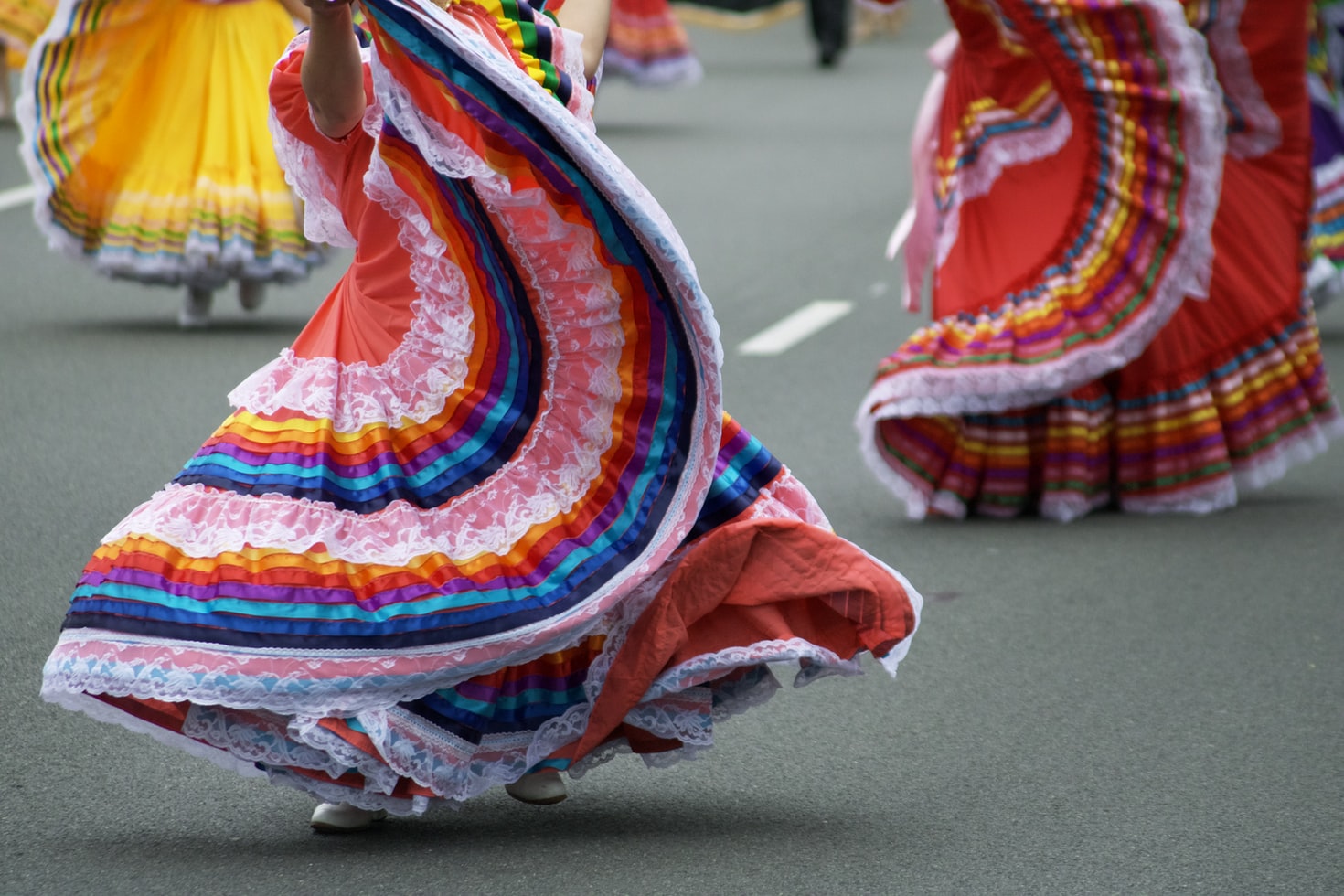
Guide to Spanish holidays for Expats
If you want to live in Spain, knowing about Spanish holidays is very important no matter if you are a student, a working professional, or a business owner. Even if you are not working, this information is still crucial because most local businesses will close during these holidays. This article will explain the holidays you are entitled to depending on the region/city you are in.
Contents
1. Introduction to Spanish holidays
2. What are the national Spanish holidays?
3. What are the regional holidays in Spain?
4. Additionally, there are also some local/municipal holidays
5. Some festivals are not bank holidays!
6. We cover you 365 days of the year without delays!
1. Introduction to Spanish holidays
In Spain, there are national public holidays as well as regional and even municipal holidays. The holidays you can have depend on the city you reside in. For example, if you study at a university in Barcelona, then you probably have different holidays compared with your friend, who works in Madrid.
Sometimes, if the holiday falls on a Thursday or a Tuesday, employees are allowed to take the Friday or Monday for a holiday as well. Then the employees will have a long and continuous vacation of 4 days. This is called “Puente”. However, the “Puente” might not be possible in some private companies.
2. What are the national Spanish holidays?
The following bank holidays are shared by all the autonomous regions in Spain. As you can see from the list, most holidays are celebrated for religious reasons, while some others are more related to Spanish political events, such as Hispanic Day and Spanish Constitution Day.
- New Year’s Day (Año Nuevo): Jan. 1st
- Epiphany (Día de los Reyes Magos): Jan. 6th
- Good Friday (Viernes Santo): Good Friday is the Friday before Easter, following Western Christianity's calculation.
- Labor Day (Día del Trabajo): May 1st
- Assumption of Mary (Asunción de la Virgen): August 15th
- Hispanic Day (Día de la hispanidad): October 12th
- All Saints’ Day (Fiesta de Todos los Santos): November 1st
- Spanish Constitution Day (Día de la Constitución): December 6th
- Immaculate Conception (La Inmaculada Concepción): December 8th
- Christmas (Navidad): December 25th
3. What are the regional holidays in Spain?
Besides these national holidays, each autonomous region or autonomous city has the right to choose several important dates as regional holidays. The important days each autonomous region chooses are:
- Day of the autonomous region: Each Autonomous region celebrates alone the day of the autonomous region to cherish the regional culture.
- Some additional religious days: For example, some autonomous regions celebrate Maundy Thursday (Jueves Santo) but some celebrate Easter Monday (Lunes de Pascua). Some regions even celebrate both dates.

4. Additionally, there are also some local/municipal holidays
Apart from national and regional holidays, there are also municipal or local holidays in different cities. These holidays are usually set to commemorate the patron saint of the city. For example, La Mercè in Barcelona is a municipal festival in honor of Mare de Deu de la Mercè, the saint of Barcelona. While in Madrid, November 9th is to honor the Virgin of la Almudena, the patron saint of the city.
5. Some festivals are not bank holidays!
As you might see, the holiday is important in Spain and the whole system is very complicated. Some holidays are celebrated, but people still need to go to work or school, such as Saint Valentine's Day. Then, how can you distinguish between bank holidays and non-bank holidays?
You can use the default calendar on your phone or other calendar apps such as google calendar to track holidays. These days can be shown automatically and noted with the autonomous regions where the festival is to be celebrated. Of course, you can also check this information with your company or school.
6. We cover you 365 days of the year without delays!
Although there are different holidays in different regions. SegurCaixa Adeslas will always be there to help whenever you need us. With our medical insurance, you can have easy access to emergency consultation calls, free ambulances, and urgent treatments. This medical insurance is also a perfect fit for a Spanish visa/NIE/TIE application as it fulfills all the requirements. Come speak to us!
If you like to know more about living in Spain, click one of these blogs below:
- The best places to live in Spain for Expats with different needs
- Curious facts you need to know before moving to Spain
- Cost of living: Is it cheap to live in Spain?
- Reside in Spain: live a unique Mediterranean life
Our content will be updated according to the most recent legislation. Last update: 02/08/2023